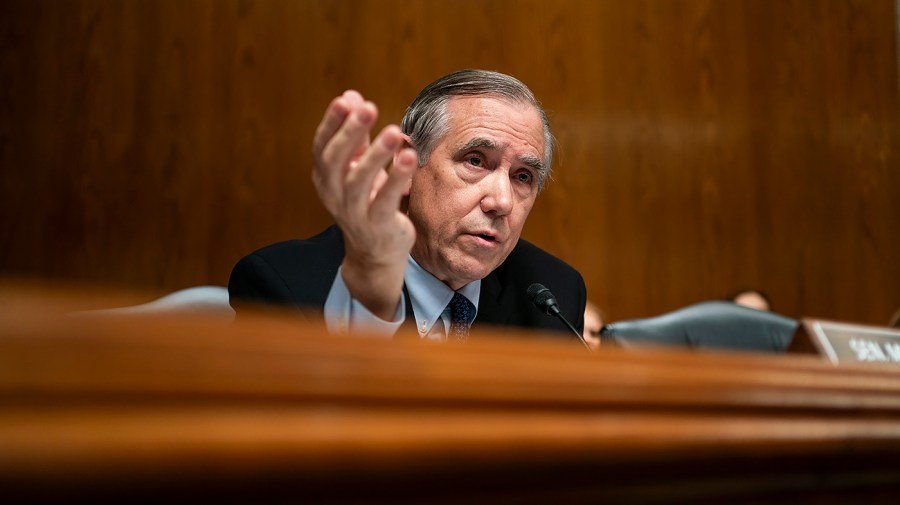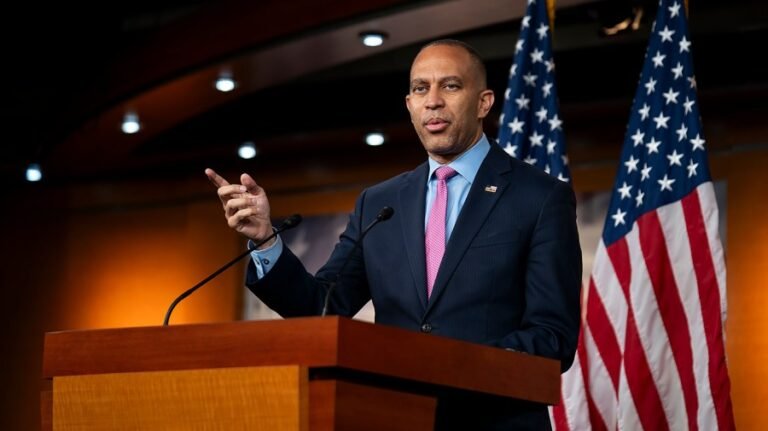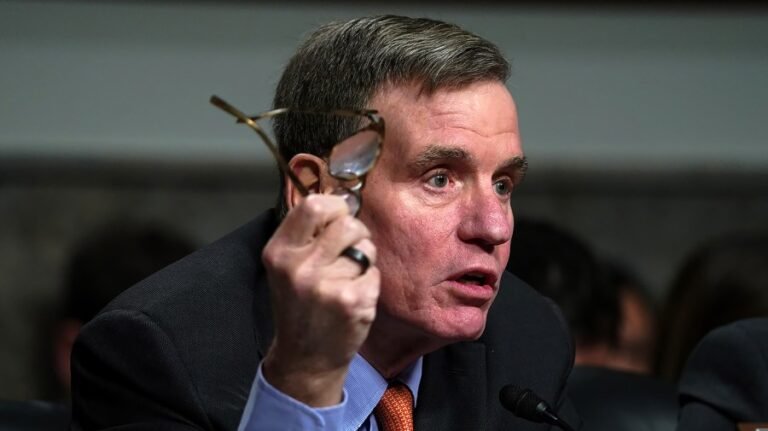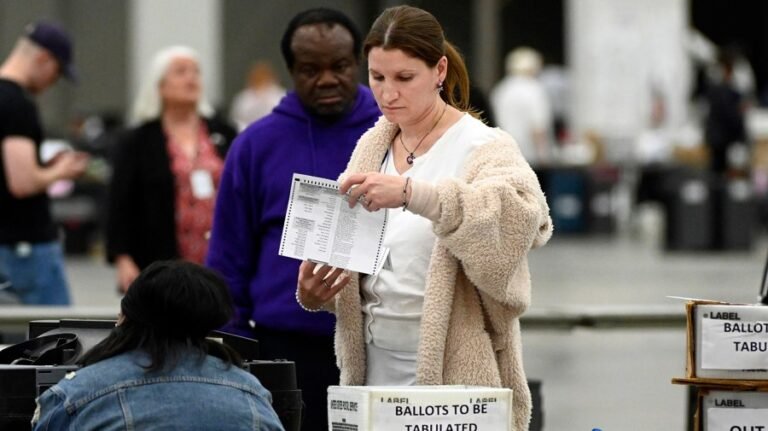
The Congressional Budget Office (CBO) projects that the tax piece of President Trump’s “big, beautiful bill,” a core component of his agenda, would add to deficits after 2034, the end of the 10-year budget window, and could therefore violate the Senate’s Byrd Rule.
Responding in a letter to Sen. Jeff Merkley (D-Ore.), the ranking member of the Senate Budget Committee, CBO Director Phillip Swagel, said the congressional scoring agency “estimates that title VII,” the Finance Committee’s portion of the bill, “increases the deficits in years after 2034.”
Democrats will argue that this is a violation of the Senate’s Byrd Rule, which determines what legislation is eligible to pass the Senate with a simple-majority vote on the reconciliation fast track.
The Byrd Rule requires that legislation considered as a reconciliation package not increase the deficit for a fiscal year beyond the “budget window” covered by the measure.
The budget window for the One Big, Beautiful Bill Act spans from 2025 to 2034.
Merkley’s staff said the Republican bill is out of compliance with the rules of reconciliation by exceeding the spending limits outlined in their budget resolution by trillions of dollars and adding to the deficit beyond the 10-year window.
Swagel, who was appointed to his post during Trump’s first term, told Merkley that that tax portion of the bill would increase the deficit by nearly $3.5 trillion from 2025 to 2034.
Merkley could attempt to raise 60-vote point of order against the bill on the floor in an effort to block the legislation.
But Senate Majority Leader John Thune (R-S.D.) and Senate Budget Committee Chairman Lindsey Graham (R-S.C.) feel confident that the tax portion of the bill complies with the Byrd Rule.
Thune says Graham has authority under Section 312 of the Congressional Budget Act “to determine baseline numbers for spending and revenue.”
Graham has judged the extension of the 2017 expiring Trump tax cuts as a continuation of “current policy” and therefore as not adding to the deficit.
Republicans say they have offset the cost of language to make expired corporate tax cuts permanent by finding more than $1.6 trillion in spending cuts, including an estimated $930 billion in cuts to Medicaid.
The bill narrowly advanced in the Senate late Saturday night, teeing it up for an expected final vote on Monday.






